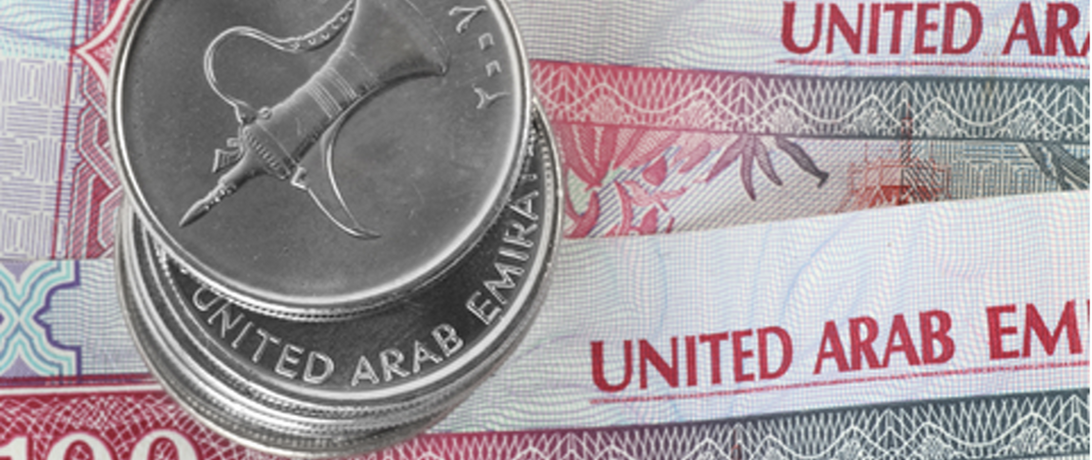
Microfinance helps many people in Somalia and across the globe lift themselves out of poverty by providing small loans to those lacking access to traditional financial services or funding opportunities. Microfinance institutions (MFIs) have grown popular over the past few decades because they offer impoverished people access to funds that can be used to develop small businesses that can then provide regular income, and they provide financial resources to underserved markets. As such, microfinance is an important tool not just to minimize the impacts of poverty, but also to promote business development.
Despite the many benefits, microfinance institutions face a range of challenges that limit their reach, especially in predominantly Muslim countries. One challenge is providing microfinance services under sharia, or Islamic law, which restricts the charging of interest for loans. While conventional microfinance is successful in many Muslim countries, including Bangladesh, where the Grameen Bank alone has 8.3 million borrower-owners (more than 8 million of whom are women), there remain many people who could benefit from microfinance but who will not take advantage of the services offered because the services are not sharia-compliant. According to a 2009 case study of Pakistan, the vast majority of Muslims across the globe refrain from using conventional microfinance services because the element of interest is considered repugnant to sharia.
In response, there is increasing recognition of the role that Islamic, sharia-compliant microfinance could play in reducing poverty in Muslim communities. This is an important consideration in Somalia, where the majority of people adhere to sharia, and therefore may refuse conventional microfinance opportunities.